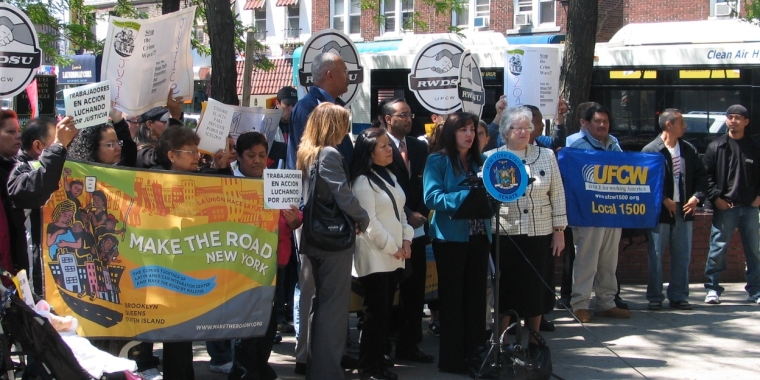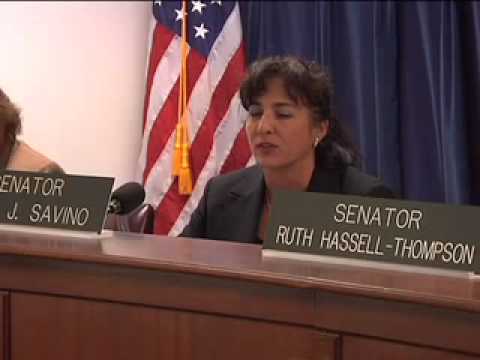
Survey Of Sex Offenders In New York City Family Shelter System Updated
Empire State News.Net
NEW YORK - Senator Jeffrey Klein (D-Bronx/Westchester) joined by his colleagues Senator Eric Adams (D-Brooklyn) and Senator Diane Savino (D-Staten Island/Brooklyn), Sunday released what he characterized as “the shocking results” of an updated analysis of sex offenders residing in the New York City Family Shelter System: “Sex Offenders in the System: A Survey of the NYC Family Shelter System”.
The report said that there are five level 2-3 sexual offenders who have recently, or are currently residing side by side along young children in family shelters in Manhattan and the Bronx. Klein’s report is based on the Division of Criminal Justice Services’ online database which lists the addresses of level 2-3 sex offenders who are required to register under Megan’s Law.
Last August, Klein released a similar report which found that there were six sex offenders in the family shelter system. Two of the six shelters are once again on the Senator’s list.
“Here we are one year later and things haven’t changed. The fact that there is even one convicted sex offender residing in the NYC family shelter system is unacceptable. New York State has taken extensive precautions to protect the public from convicted sex offenders by finally enacting a civil confinement law after years of strife, yet it leaves our homeless children completely vulnerable to the advances of known criminals,” said Klein.
Each family shelter has a different operating procedure regarding the confidentiality of their residents, but at least two offenders were confirmed to actually have been living or still residing in the shelters as of 6/11/08.
Under Megan’s Law sex offenders are required to annually verify their address on or about the anniversary of the original registration date, by signing an annual verification form and mailing it back to DCJS within 10 days. A level 3 sex offender or a sexual predator, in addition to signing an annual verification from, is required to personally verify his or her address every 90 days with the local law enforcement agency having jurisdiction over the sex offender's residence.



